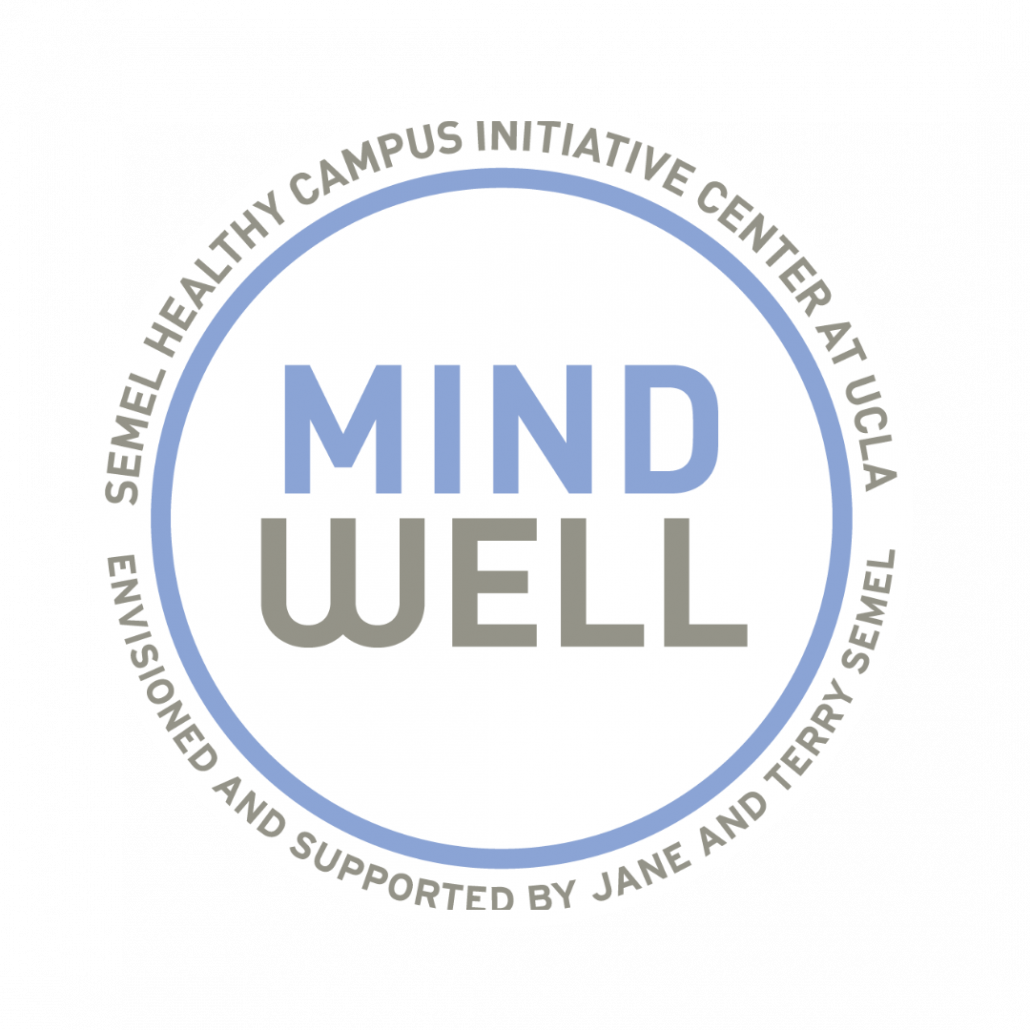Perfectionism, Procrastination, and the Practice of Self-Care
For most of my academic career, I prided myself in being “one of the smart kids”. Homework was completed the day that it was assigned, and tests were taken without much thought or fear of repercussions. In my AP European History class in high school, for example, I remember coming home everyday, sometimes after a long day of extracurriculars, and feeling compelled to take an additional three hours worth of notes. Yep, I was that kid.
Coming to UCLA opened my eyes in a multitude of ways. For one, I was no longer the top of my class — putting hours into my classes didn’t automatically guarantee me a good grade. Furthermore, I no longer had to be the top of class — my identity could be founded upon so much more. At UCLA, I was more than just my GPA. The world was my oyster. I didn’t want to look back on college years and recall days of turning pages like I had in high school. In doing so, I thought that I could finally relax the unrelenting pressure I put on myself to succeed.
However, I thought wrong. The pressure, the negative self-talk, and the rigorous standards remained. They just changed their face. Instead of putting in hours upon hours of work to succeed in my academics, I put in next to none. I would procrastinate, waiting to the very last minute to begin a homework assignment, let alone study. The days leading up to a test would seem carefree on the surface. I would enjoy my time with friends or immerse myself in Netflix. But the anxiety was under my skin like an itch, growing more and more pronounced as time would go on. Come time for the test, and I would be sitting in seat, vacillating between utter indifference (one of my many self-defense mechanisms) and excessive anxiety about how the results would ruin my future.
It wasn’t until much later that I realized that my perfectionist standards and my procrastinating tendencies were actually closely related. Even though I thought I had been relaxing my standards, I had really just been pushing them to the side. In hindsight, I can see that I did this for a multitude of reasons. For one, I was frightened. I was frightened of losing an aspect of my identity that had come to define me for so long. For another, a part of me simply thought I couldn’t make the cut at UCLA. Despite my getting accepted, a part of me still denied that I deserved a place here. So I shut down, thereby having an external excuse such as my not studying rather than an internal deficiency to point at should I fail.
However, while studies support a link to procrastination and perfectionism, they also point to the existence of underlying distress. As students notorious for balancing academics, friends, work, extracurriculars, and sleep all in the span of 24 hour days, it can be hard, even seemingly impossible, to take care of one’s well-being.
Contrary to the popular notion that wellness is limited to physical and perhaps even mental health, wellness has multiple dimensions. The UCLA Student Wellness Commission, or SWC, is a prime example of how the promotion of health and wellness can span across topics ranging from mental health, body image, nutrition, fitness, environmental sustainability, and sexual health. Moreover, the ways in which in individual can promote his or her own wellness, or self-care, are endless. There is no “right” way to practice self-care; so long as an individual is meaningfully and deliberately prioritizing his or her overall well-being is an act of self-care.
So how do I self-care? As an avid user of Google Calendar, I’ve taken to scheduling in times when I can breathe and just treat myself. Sometimes this means spending time with friends. Other times it means watching episode after episode on Netflix. On the rare occasion, I can even be found blowing bubbles and making intricate balls out of Play-doh. But my favorite form of self-care by far is sleep, the benefits of which are immense. Want better skin? Sleep! Want to do better on a test? Sleep! If my explanation points aren’t enough to convince you, check out this article.
One last fun fact: Journaling has often been heralded as a wonderful way of promoting mental health. So much so that studies even show that writing about test-related anxieties immediately before taking an exam actually improves your test score. What a win-win, right?
How have you been putting yourself first lately? How do plan to start? Take some time to reflect, breath, and live. Try to remember that self-care isn’t selfish.
Mandy Mekhail is a 4th year undergraduate Psychology major and Disability Studies minor at UCLA. She currently serves as the Assistant Commissioner of the Student Wellness Commission, a student organization dedicated to promoting holistic health and wellness in the UCLA community.



